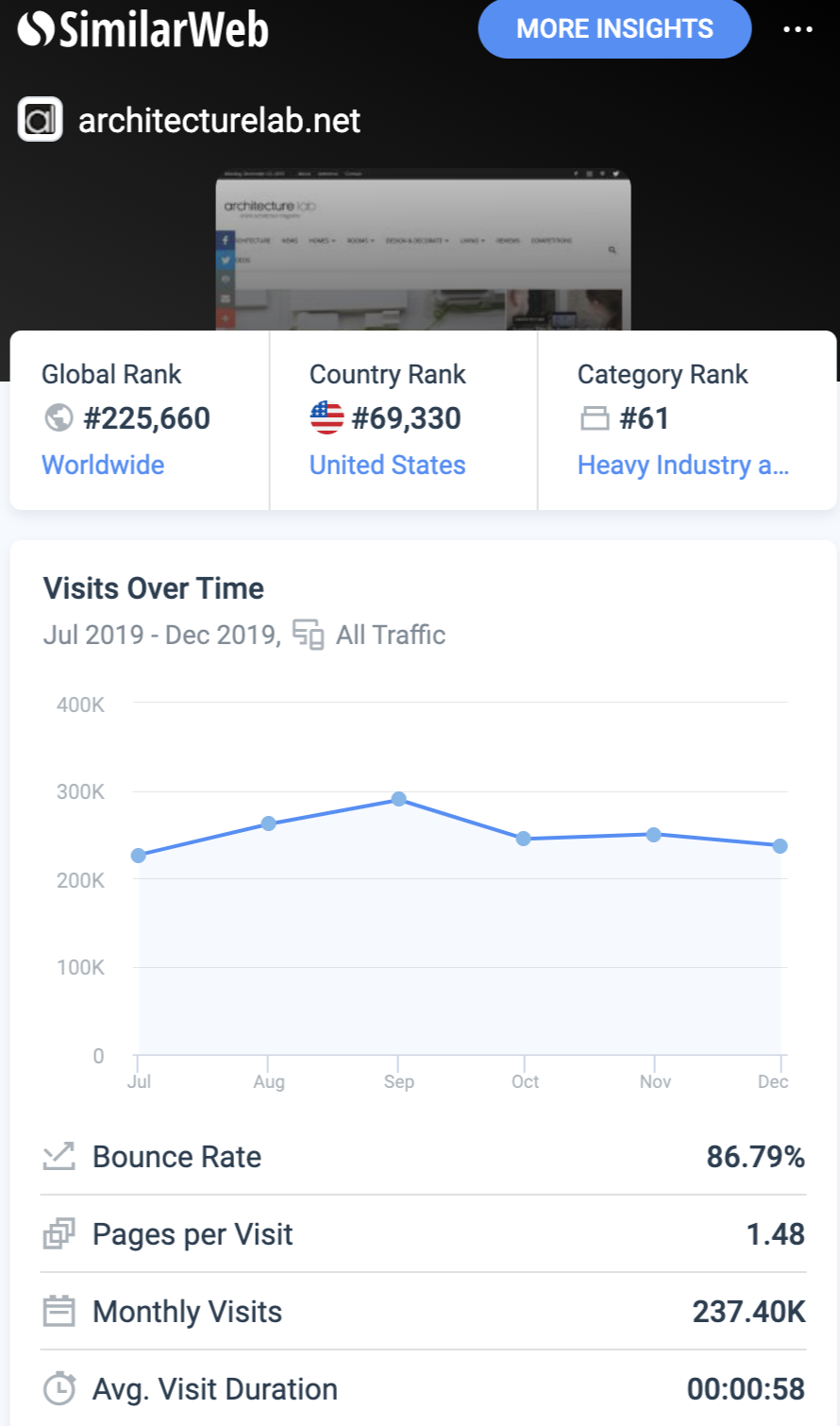Amazon has ruined search and Google is in on it
- Published on
TL;DR -- Tried searching Google for best bicycles under $500 and nearly all results were spammy review sites riddled with Amazon affiliate links.
Recently, I decided that I wanted to fully embrace city life and purchase a bike to ride around New York. I live in Manhattan so it's arguably not the brightest idea, but hey anything that cuts down my morning commute is a win in my book.
Given this would be my first "real" bike, I figured $500 was a fair budget. So naturally, I went to Google and searched for "best bicycles under $500."
Here are the results for that query (as of 1/21/20):

Ignoring the top row of sponsored ads, it looks like Google has cleverly found a review site for me (featured snippets block). How nice! Surely it must be a high quality and reputable website, full of trustworthy information.
First thing to note is that the website is an online architecture "magazine" located at ArchitectureLab.net. They describe themselves as a "passion driven community of people specialized in art, architecture and design that feeds the world the most extraordinary projects brought forward by professionals around the globe." Why, pray tell, are they reviewing bicycles? Your guess is as good as mine. But I bet it has something to do with the fact that all of the bikes they review are sold on Amazon and that every link uses an Amazon affiliate tag. It goes quite well with the dozen or so ads plastered across the site (some of which are autoplaying videos with sound).
Here's what I see (1/21/20):

Out of curiosity, I took a look at their SimilarWeb page to get a sense of their traffic stats:

237k visitors per month! Granted it's just an estimate from SimilarWeb but still, it's very likely that ArchitectureLab.net is getting some serious traffic, of which 85% is from search (thanks, Google!). To be fair, at least the content seems to be original, based on a search of a few sentences pulled at random. This review post is still lacking in depth and could have been easily written based on the information found on the Amazon product page.
Help me out, Google
Of the results shown on the first page for 'best bicycles under $500' I found that 8 out of 10 websites only list products found on Amazon using affiliate links. Amazon has a limited selection of bikes in their catalog and many of the more reputable brands are completely left out of these review sites.
How is it that a search giant like Google, with thousands of brilliant minds, can't help me find good products to buy? I think the answer is because it's not in their best interest to do so. They like that most consumers will look at these reviews, click through to Amazon and make their purchase with little hesitation. Google, like many of the other tech giants, benefits from an uninformed user base.
In the end, after spending weeks of frustration trying to research bicycles, I wound up buying a used bike from a local shop. Google did end up being helpful in the research process but only after carefully crafting my search queries and sifting through dozens of crappy review sites.
And if you're curious how DuckDuckGo compares, the results were (arguably) slightly better. While the first result is still an Amazon affiliate review site, I did see some of the other, bigger brands mentioned on other results.